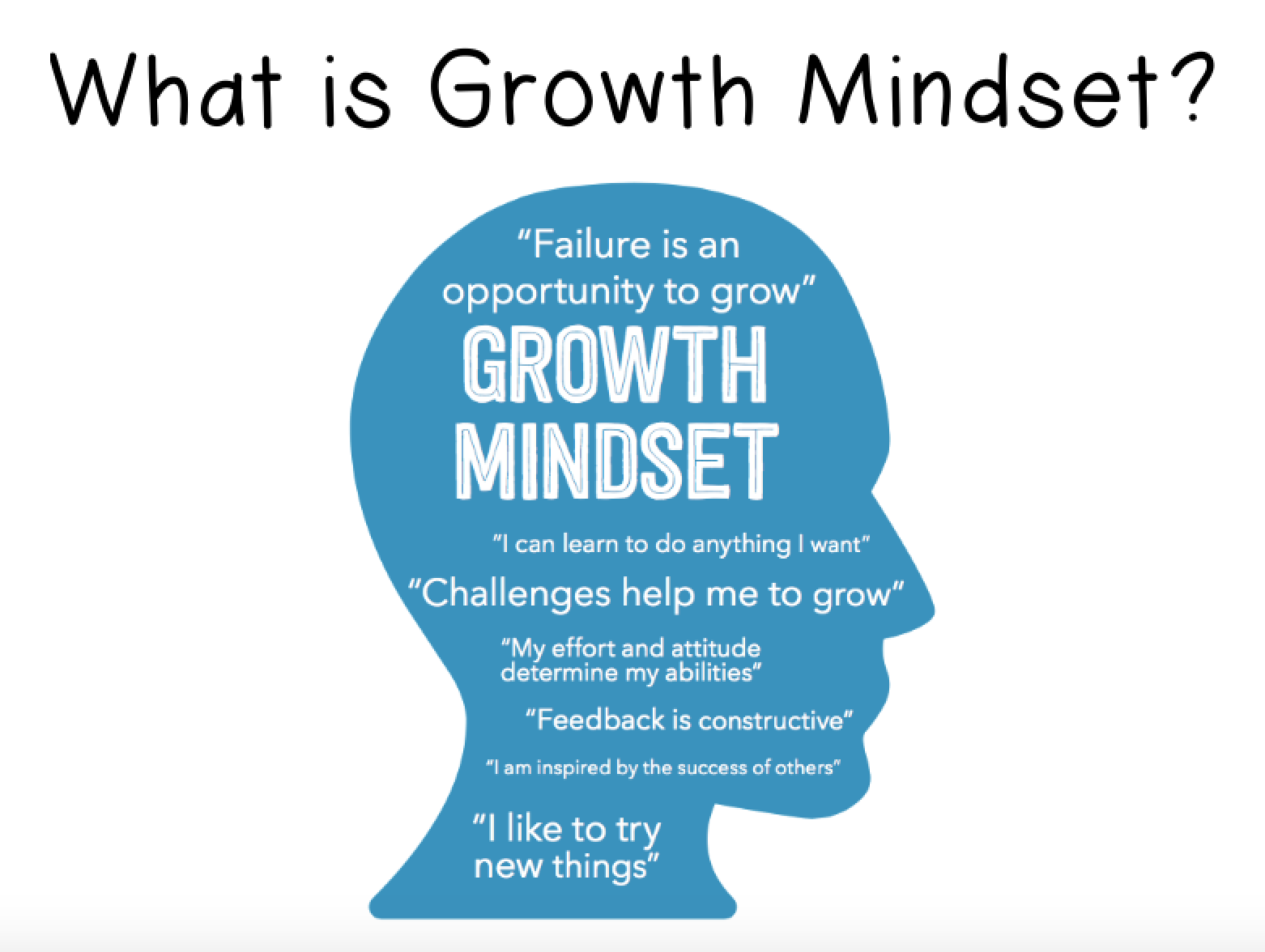
At Tenison Woods we are consistently speaking to the students about having a growth mindset in all aspects of their learning and relationships with others. Below is some information how parents and families can also support their children and nurture a Growth Mindset.
The way in which adults praise the young people they interact with plays a key role in the mindset produced. Person praise, such as ‘You must be smart!’, ‘I’m really proud of you!’ or ‘You’re a good boy!’ is more likely to lead to a fixed mindset, as it is about validating their current ability. On the other hand, process praise such as ‘You worked really hard on these challenging problems!’ or
‘You found a creative way of solving that!’ is more likely to lead to growth mindset thinking, as this is about the way they are learning and developing. If you are wanting to encourage a growth mindset then praising effort is far more effective than praising the person (Mueller & Dweck, 1998; Kamins & Dweck, 1999).
Unfortunately some educators and parents have taken the ‘praise the effort, not the outcome’ advice at face value – this can be problematic. Simply praising effort without linking it with learning or achievement is not effective praise, and is similar to giving them a consolation prize of effort because they haven’t shown learning. If learning is not taking place then this is useful feedback that new strategies need to be tried (Haimovitz & Dweck, 2017).
Criticism of a child when the outcome is not what was hoped for or expected is equally as important in encouraging either a growth or fixed mindset. Giving person or learning process criticism has the same effect as giving person or learning process praise (see above!). The focus of the criticism comes from the adult’s belief about whether they see failure as motivating or demotivating. Adults who have a failure is enhancing mindset see it as something that motivates learning, growth and performance. However those adults with a failure is debilitating mindset see it as something that demotivates and inhibits learning. These beliefs lead to adults responding in different ways to the children’s failure:
Tom Atyeo
Wellbeing Coordinator